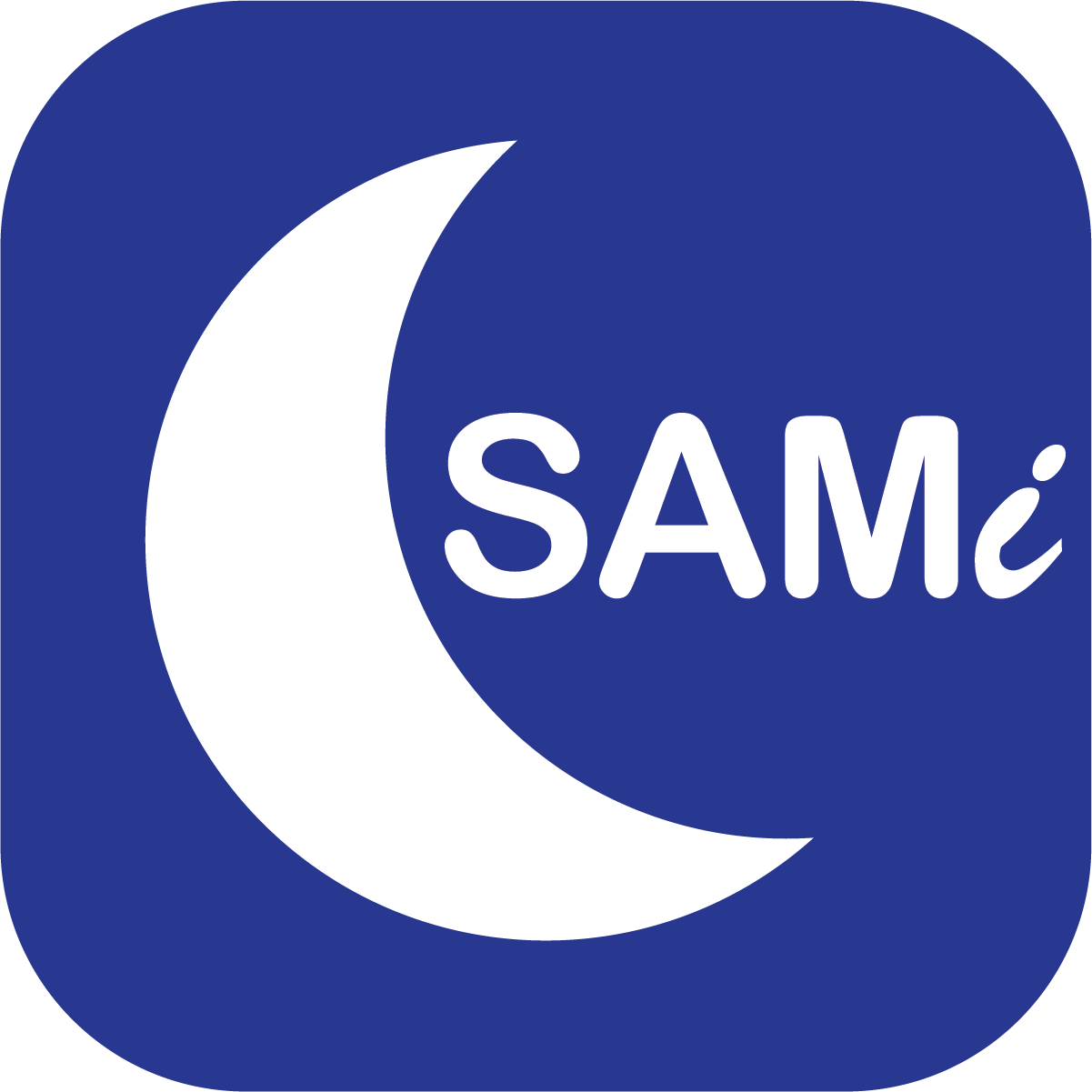In recent years, sleep disorders have emerged as a significant health concern affecting millions globally. These disorders, ranging from insomnia to sleep apnea, not only impair one's quality of life but also have far-reaching effects on overall health and well-being. The complexity and diversity of sleep issues demand a comprehensive understanding and approach to management, highlighting the need for greater awareness and innovative solutions.
Understanding the Spectrum of Sleep Disorders
Insomnia
Insomnia, characterized by difficulty falling or staying asleep, is among the most common sleep disorders. Its causes are varied, including stress, environmental factors, and underlying health conditions. The consequences of insomnia extend beyond mere tiredness, affecting mood and long-term health. Understanding its root causes is essential for effective management and treatment.
Narcolepsy
This is marked by excessive daytime sleepiness and sudden sleep attacks. Managing narcolepsy symptoms involves a combination of medication, lifestyle adjustments, and sometimes, behavioral interventions. Despite its challenges, with the right strategies, individuals with narcolepsy can lead fulfilling lives while minimizing the impact of this condition on their daily activities.
Sleep Apnea
It is not just about loud snoring; it's a serious condition where breathing repeatedly stops and starts during sleep, leading to significant health risks like heart disease and stroke. Sleep apnea treatment options include lifestyle changes, CPAP machines, and surgical interventions, highlighting the importance of early diagnosis and management to mitigate these risks.
Parasomnias and Hypersomnia
Parasomnias and hypersomnia represent less common but equally disruptive sleep disorders. Parasomnias involve abnormal movements or behaviors during sleep, such as sleepwalking, while hypersomnia is characterized by excessive daytime sleepiness not caused by disturbed nighttime sleep. Managing these conditions often requires a multifaceted approach, including medical and behavioral interventions.
The Advancements in Sleep Behavior Monitors
From Sleep Movement Cameras to Advanced Monitors
The evolution of sleep technology has brought us from basic sleep movement cameras to highly advanced sleep movement monitors. Before, monitoring sleep involved simple devices that could only detect movement. Today, these advancements allow for a more comprehensive understanding of sleep quality and disturbances, providing invaluable insights for both individuals and healthcare professionals. By leveraging these technologies, we can identify sleep issues more accurately and intervene more effectively.
Analyzing Sleep Patterns: How Technology Helps
The advent of technology in sleep science has markedly enhanced our understanding and management of sleep patterns, providing crucial insights that were once beyond reach. Technology provides insights through:
-
Advanced Monitoring: By utilizing cutting-edge algorithms and sensitive sensors, this technology tracks a wide array of physiological signals throughout the night, such as heart rate, breathing patterns, and movements. This comprehensive monitoring offers an in-depth analysis of sleep behavior, capturing every nuance of the sleep cycle. It allows for a precise assessment of sleep quality, identifying potential disruptions and their impact on overall health.
-
Pattern Identification: By meticulously analyzing the collected data, these technologies can pinpoint specific irregularities in sleep patterns. This includes identifying the hallmark signs of sleep apnea, characterized by pauses in breathing, or the erratic movements associated with parasomnias. This level of detail provides an unparalleled understanding of the individual's sleep architecture, facilitating the identification of patterns that may indicate underlying sleep disorders.
-
Quantifying Sleep Quality: Beyond mere observation, this technology quantifies various aspects of sleep quality and disturbances. By providing tangible metrics on sleep efficiency, duration, and interruptions, it lays a solid foundation for diagnosing sleep disorders.
By equipping healthcare professionals with detailed data and insights, technology enables the development of tailored treatment plans that address the specific needs of each patient. This not only enhances the accuracy of diagnoses but also ensures that interventions are more effectively aligned with individual conditions.
The Importance of Continuous Monitoring for Effective Management
Continuous monitoring plays a crucial role in the effective management of sleep disorders. It offers a dynamic view of an individual's sleep health, capturing fluctuations and trends that intermittent assessments might miss. This ongoing data collection is vital for adjusting treatment plans in real-time, ensuring that interventions remain aligned with the current state of the individual's sleep health.
Treatment and Management Strategies for Sleep Disorders
Innovative Treatment Options for Sleep Apnea
Sleep apnea is a condition that can have serious health implications if left untreated. Fortunately, sleep apnea treatment options have evolved significantly, moving beyond traditional CPAP machines to include positional therapy, oral appliances, and even surgical interventions for more severe cases. Advances in technology have also led to the development of wearable devices that can adjust breathing patterns during sleep, offering a more comfortable and personalized approach to treatment.
Behavioral and Lifestyle Strategies for Narcolepsy
Managing narcolepsy symptoms often requires a comprehensive approach that includes behavioral and lifestyle changes in addition to medication. Strategies such as scheduling short, regular naps throughout the day can help manage excessive daytime sleepiness. Additionally, maintaining a consistent sleep schedule and practicing good sleep hygiene can significantly improve nighttime sleep quality, helping to reduce the impact of narcolepsy on daily life.
Coping with Insomnia: Beyond Medication
For those dealing with insomnia, medication is often seen as a quick fix, but it's not the only solution. Cognitive-behavioral therapy for insomnia (CBT-I) has emerged as an effective treatment, helping individuals change thoughts and behaviors that negatively affect sleep. Relaxation techniques, such as meditation and deep breathing exercises, can also be beneficial in preparing the body and mind for sleep, offering a natural alternative to pharmaceuticals.
Addressing Parasomnias: Safety and Preventive Measures
As mentioned previously, parasomnias involve unusual behaviors during sleep, such as sleepwalking or night terrors, which can pose safety concerns. To manage these disorders, it's crucial to implement safety measures in the sleeping environment, such as securing windows and doors. In addition, preventive strategies like stress reduction, adherence to a regular sleep schedule, and avoiding sleep deprivation can help minimize the occurrence of parasomnias, contributing to safer and more restful nights.
The Impact of Sleep Deprivation on Health and Well-being
Understanding the Broad Effects of Poor Sleep
The effects of sleep deprivation extend far beyond mere tiredness, impacting virtually every aspect of health and well-being. Chronic lack of sleep can weaken the immune system, making individuals more susceptible to infections. It can also impair cognitive functions, including memory, decision-making, and concentration. Furthermore, sleep deprivation has been linked to mood changes, increasing the risk of anxiety and depression.
Psychological Effects of Sleep Deprivation
The psychological effects of sleep deprivation extend far beyond mere tiredness, profoundly impacting emotional and mental health in several critical ways. Below are some psychological effects:
-
Increased Irritability: Lack of sleep can significantly lower one's threshold for irritation, leading to a shortened temper and increased frustration. This heightened irritability can adversely affect personal and professional interactions, making it difficult to maintain harmonious relationships and collaborate effectively with others. The resultant tension can pervade various aspects of life, from minor inconveniences to significant disputes, highlighting the importance of adequate rest in managing temperament.
-
Reduced Stress Tolerance: Sleep deprivation erodes the ability to handle stress, making even minor challenges seem insurmountable. This reduced stress tolerance can lead to anxiety and a sense of being overwhelmed by daily tasks that would typically be manageable. Over time, this can contribute to a cycle of stress and sleeplessness, further exacerbating the problem and making recovery more challenging.
-
Emotional Regulation Difficulties: The ability to regulate emotions is compromised, leading to pronounced fluctuations in mood. These mood swings can complicate interpersonal relationships and personal well-being, making it difficult to respond to situations with emotional consistency. The volatility in emotional responses can undermine personal and professional relationships, contributing to a sense of instability and unpredictability in one's life.
Addressing sleep deprivation is crucial not only for physical health but also for safeguarding mental and emotional well-being. The repercussions of inadequate sleep extend far beyond the individual, affecting relationships, productivity, and overall quality of life. Recognizing the importance of sleep in maintaining emotional balance and mental clarity is essential, as it highlights the interconnectedness of sleep with broader aspects of health and wellness.
The Role of Sleep in Physical and Mental Recovery
During sleep, the body repairs tissues, muscles grow, and hormones that regulate growth and appetite are released. Similarly, sleep is crucial for cognitive processes such as consolidating memories and processing emotions. Ensuring adequate and quality sleep is essential for supporting the body's natural healing processes.
Preventing Sleep Disorders Naturally
Diet and Exercise
Incorporating a balanced diet and regular exercise into one’s routine can serve as foundational building blocks for better sleep. Nutritional choices can significantly impact sleep quality; for instance, foods rich in magnesium and melatonin, like almonds and cherries, may promote relaxation and better sleep cycles. Similarly, engaging in regular physical activity helps regulate the body's internal clock, facilitating easier sleep onset and more restorative sleep. However, timing is key, as exercising too close to bedtime may inadvertently energize some individuals, making it harder to fall asleep.
The Bedroom Environment: Optimizing for Sleep
Optimizing the bedroom environment for sleep involves creating a space that is conducive to relaxation and free of disturbances. This includes controlling for factors such as temperature, noise, and light—ensuring the room is cool, quiet, and dark. Additionally, investing in a comfortable mattress and pillows can significantly impact sleep quality. These adjustments create a sleep sanctuary, signaling to the brain that it’s time to wind down and rest, thus preventing sleep disorders naturally.
Future Directions in Sleep Disorder Treatment and Monitoring
Emerging Technologies in Sleep Monitoring
Advances such as AI-driven analytics, non-invasive wearable devices, and real-time sleep-tracking apps promise to deliver more personalized and accurate assessments of sleep health. These technologies are not only enhancing our understanding of sleep patterns but are also enabling early detection and intervention for sleep disorders. The future holds potential for monitors that can adapt interventions in real-time, providing personalized recommendations to improve sleep quality based on individual data.
Personalized Medicine and Sleep Disorders
Personalized medicine is set to revolutionize the treatment of sleep disorders by tailoring interventions to the unique genetic makeup, lifestyle, and health profile of each individual. This approach could lead to more effective and targeted therapies, reducing the trial-and-error process often associated with treating conditions like insomnia and sleep apnea. With advancements in genomics and biomarker research, treatments could be customized to enhance efficacy and minimize side effects, improving patient adherence and outcomes.
As we move forward, the integration of technology with lifestyle modifications stands out as a comprehensive strategy for combating sleep disorders. The synergy between advanced monitoring tools and natural methods for improving sleep underscores a holistic approach to sleep health. Embracing this fusion of innovation and traditional wisdom offers the best path forward for those seeking to overcome sleep challenges. Future advancements in sleep technology, coupled with a sustained focus on healthy lifestyle practices, hold the promise of transforming the landscape of sleep health. By continuing to evolve and adapt, we can look forward to a future where effective management of sleep disorders is not just a possibility but a reality, ensuring that everyone has the opportunity to enjoy the profound sleep behavior monitor benefits.


